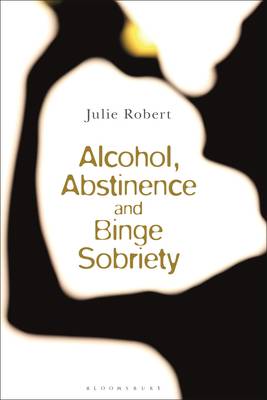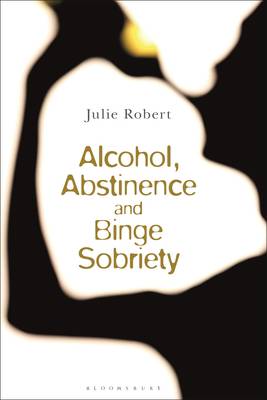
- Afhalen na 1 uur in een winkel met voorraad
- Gratis thuislevering in België vanaf € 30
- Ruim aanbod met 7 miljoen producten
- Afhalen na 1 uur in een winkel met voorraad
- Gratis thuislevering in België vanaf € 30
- Ruim aanbod met 7 miljoen producten
Zoeken
€ 203,95
+ 407 punten
Uitvoering
Omschrijving
Where did Temporary Sobriety Initiatives (TSIs) such as Dry January, FebFast and Ocsober, come from? And what is their role, if any, in prompting people to revisit their relationship with alcohol?
These organized campaigns have flourished throughout the English-speaking world in the past decade. Collectively, they involve thousands of participants and raise substantial sums of money for medical research, as well as drug and alcohol related charities. Alcohol, Binge Sobriety and Exemplary Abstinence considers these campaigns as part of a lifestyle movement that transcends single events and even singular national contexts. It uses case studies from Australia, the USA and the UK to examine both the short history of TSIs as a response to problematic localized drinking cultures - including binge drinking - and their relationship to a much longer and transnational history of temperance activism.
In taking TSIs as a case study of both embodied philanthropy and participatory health promotion, this book considers how TSIs are structured, promoted and experienced as an embodied event to create imitable, and sometimes contradictory, examples to create a public pedagogy of 'responsible drinking'.
These organized campaigns have flourished throughout the English-speaking world in the past decade. Collectively, they involve thousands of participants and raise substantial sums of money for medical research, as well as drug and alcohol related charities. Alcohol, Binge Sobriety and Exemplary Abstinence considers these campaigns as part of a lifestyle movement that transcends single events and even singular national contexts. It uses case studies from Australia, the USA and the UK to examine both the short history of TSIs as a response to problematic localized drinking cultures - including binge drinking - and their relationship to a much longer and transnational history of temperance activism.
In taking TSIs as a case study of both embodied philanthropy and participatory health promotion, this book considers how TSIs are structured, promoted and experienced as an embodied event to create imitable, and sometimes contradictory, examples to create a public pedagogy of 'responsible drinking'.
Specificaties
Betrokkenen
- Auteur(s):
- Uitgeverij:
Inhoud
- Aantal bladzijden:
- 248
- Taal:
- Engels
Eigenschappen
- Productcode (EAN):
- 9781350167971
- Verschijningsdatum:
- 21/04/2022
- Uitvoering:
- Hardcover
- Formaat:
- Genaaid
- Afmetingen:
- 156 mm x 234 mm
- Gewicht:
- 517 g

Alleen bij Standaard Boekhandel
+ 407 punten op je klantenkaart van Standaard Boekhandel
Beoordelingen
We publiceren alleen reviews die voldoen aan de voorwaarden voor reviews. Bekijk onze voorwaarden voor reviews.








